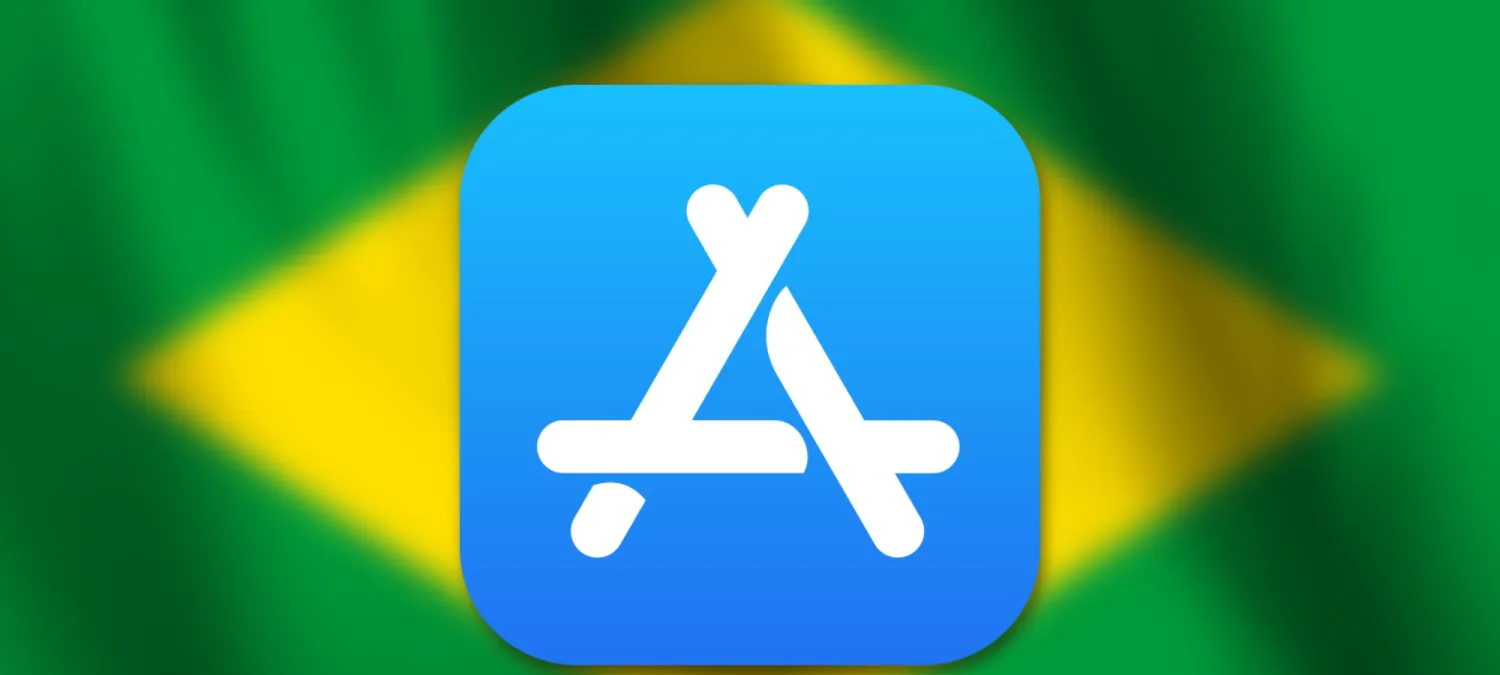After nearly five years of legal battles, Epic Games’ popular multiplayer game, Fortnite, has made its triumphant return to the Apple App Store in the United States. This development follows a protracted dispute over Apple’s in-app payment policies, which began in 2020 when Epic Games introduced a direct payment system within Fortnite, bypassing Apple’s 30% commission on in-app purchases. This move led to Fortnite’s removal from the App Store and initiated a series of legal confrontations between the two companies.
Background of the Dispute
In August 2020, Epic Games implemented an alternative payment method in Fortnite, allowing players to purchase in-game currency directly from Epic at a discounted rate. This action was in direct violation of Apple’s App Store guidelines, which mandate the use of Apple’s payment system for in-app purchases. Consequently, Apple removed Fortnite from the App Store, prompting Epic to file an antitrust lawsuit against Apple, accusing the tech giant of monopolistic practices.
The legal battle that ensued was complex and multifaceted. In September 2021, U.S. District Judge Yvonne Gonzalez Rogers ruled that while Apple was not a monopolist, its anti-steering policies were anti-competitive. The court issued an injunction preventing Apple from prohibiting developers from directing users to alternative payment methods outside the App Store. Both companies appealed the decision, leading to further legal proceedings.
Recent Developments
The situation escalated in April 2025 when Judge Rogers found Apple in civil contempt for failing to comply with the injunction. The court mandated that Apple allow developers to link to external payment options without imposing additional fees. Despite this ruling, Apple delayed the reinstatement of Fortnite on the App Store, leading Epic Games to file a motion to enforce the court’s order.
On May 19, 2025, Judge Rogers issued a show cause order, requiring Apple to explain its non-compliance by May 21. In response, Apple approved Fortnite’s return to the App Store, effectively resolving the immediate legal conflict. A joint filing by both companies confirmed that all issues related to the motion had been settled, eliminating the need for further court action.
Implications for the Industry
The resolution of this dispute marks a significant moment in the tech and gaming industries. For developers, it sets a precedent that challenges the traditional revenue-sharing models imposed by platform holders like Apple. The ability to direct users to alternative payment methods without incurring additional fees could lead to increased profitability for developers and more competitive pricing for consumers.
For Apple, this development may necessitate a reevaluation of its App Store policies. The company has long maintained strict control over its ecosystem, justifying its commission structure as a means to ensure security and quality. However, the court’s rulings and the subsequent reinstatement of Fortnite suggest a shift towards greater flexibility and openness within the App Store.
Epic Games’ Perspective
Epic Games views the return of Fortnite to the App Store as a victory for developers and consumers alike. Tim Sweeney, CEO of Epic Games, expressed gratitude for the support from the gaming community and emphasized the importance of competition in the mobile app marketplace. He stated that this outcome is a step towards a more equitable environment where developers have the freedom to choose how they distribute and monetize their apps.
Apple’s Stance
While Apple has complied with the court’s orders, the company continues to assert the value of its App Store policies. Apple argues that its commission structure supports the maintenance of a secure and user-friendly platform. The company has indicated plans to appeal certain aspects of the court’s decisions, signaling that the debate over App Store policies is far from over.
Consumer Impact
For consumers, the return of Fortnite to iOS devices is a welcome development. Players can now access the latest updates and features of the game, which had been unavailable on iOS since 2020. This reinstatement also reflects a broader trend towards increased consumer choice and flexibility in how apps are purchased and used on mobile devices.
Future Outlook
The resolution between Apple and Epic Games may influence other developers and tech companies to challenge existing platform policies. It highlights the evolving dynamics between app developers and platform holders, suggesting a potential shift towards more developer-friendly practices. However, the ongoing appeals and potential for further legal action indicate that the conversation around app store policies and revenue sharing is likely to continue.
Conclusion
The return of Fortnite to the Apple App Store signifies a pivotal moment in the ongoing discourse about app store policies, developer rights, and consumer choice. While the immediate legal conflict between Apple and Epic Games has been resolved, the broader implications for the tech industry are still unfolding. This case underscores the importance of balancing platform control with developer autonomy and consumer interests in the rapidly evolving digital marketplace.



